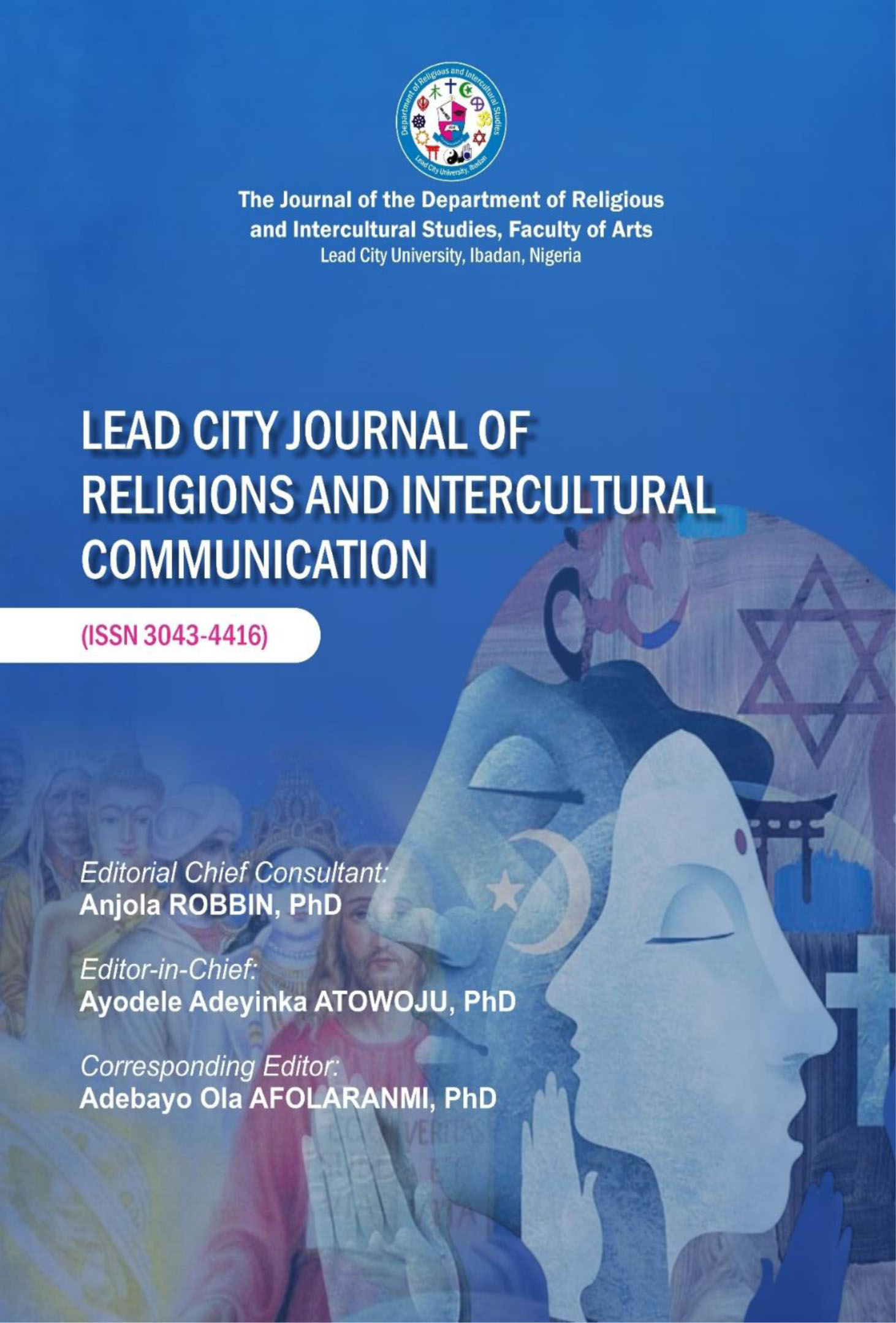Influence of Liberation Theology on Governance in Nigeria
Keywords:
Liberation Theology, Governance, Nigeria, Social Justice and Political TheologyAbstract
This study delves into the complex relationship between liberation theology (a
Theological approach that emphasized social justice, human rights and
freedom) and governance in Nigeria, examining how religious ideals have
shaped political decisions and social movements. Through a qualitative
approach, incorporating semi-structured interviews, focus groups, and
thematic analysis, this research reveals the intricate dynamics between religious
leaders, political elites, and civil society organizations. The study highlights the
significant role of liberation theology in mobilizing resistance against
oppressive regimes, promoting social justice, and advocating for human rights
in Nigeria. It explores how religious leaders have utilized liberation theology to
challenge unjust systems, empower marginalized communities, and push for
political reform. However, the research also examines the challenges and
limitations of applying liberation theology in Nigeria's governance. These
include the tension between religious ideals and political pragmatism, the risk
of religious manipulation by political elites, and the difficulty of translating
theological principles into concrete policy changes. The findings of this study
contribute to a deeper understanding of the intersection of religion and politics
in Nigeria, shedding light on the potential of liberation theology to drive social
change and promote just governance. The research also underscores the need for continued critical engagement between religious leaders, political elites, and civil society organizations to address the complex social and political challenges facing Nigeria.

